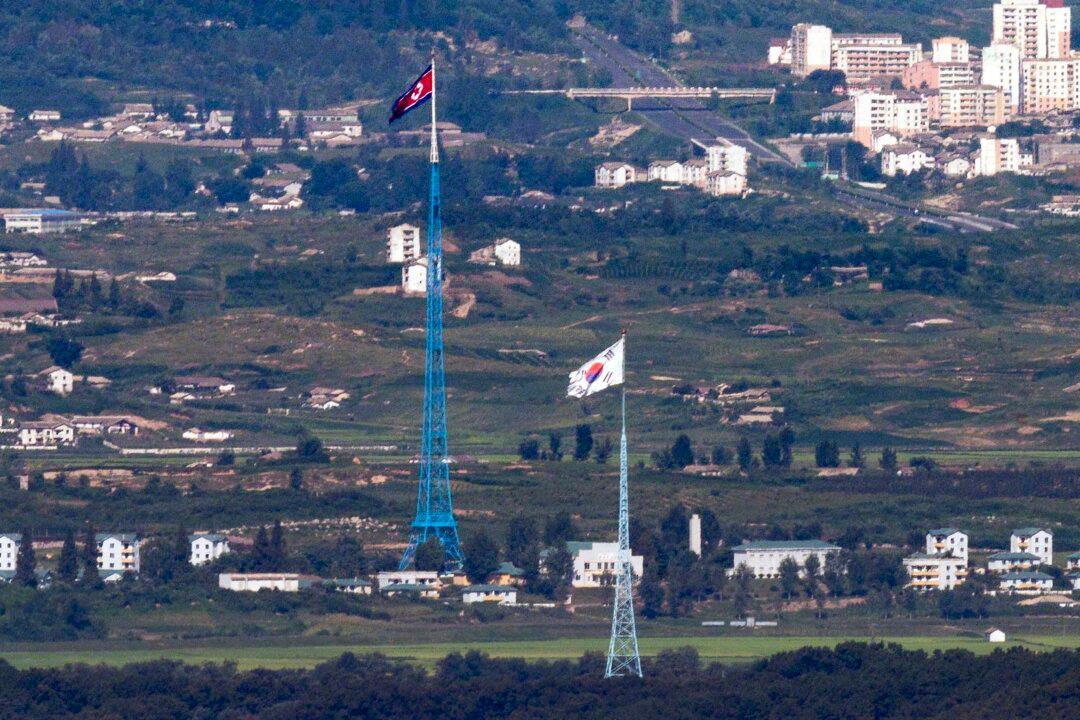South Korea on Jan. 27 unveiled a plan for reunification with North Korea, which includes efforts to provide its northern neighbor with humanitarian aid, in a bid to revive stalled denuclearization talks amid flaring tensions between the two rivals.
The South Korean Ministry of Unification presented a report to President Yoon Suk-yeol on its plans and prospects for 2023 outlining seven key policy objectives aimed at improving inter-Korean relations.





